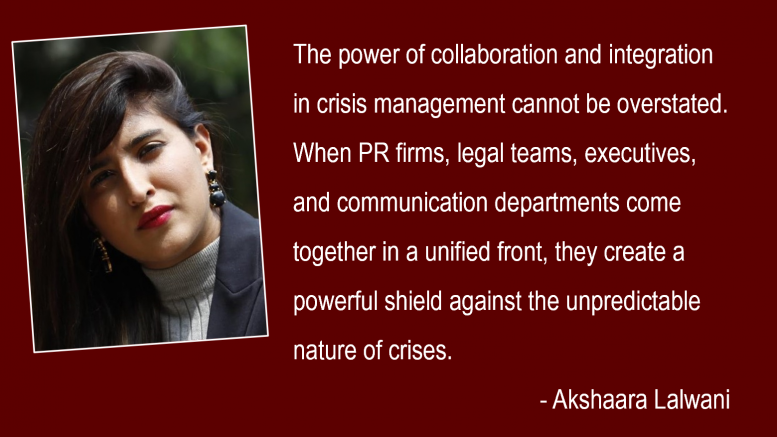In today’s hyper-connected digital age, businesses find themselves sailing in uncharted waters when it comes to managing their online reputation. The constant flow of information and the power of social media have given consumers unprecedented influence over a brand’s image. As a result, crisis communication in the digital world has become an art that every business must master to survive and thrive.
Digital Age Dilemma
The digital age has ushered in a new era of communication, one where information spreads at lightning speed and public opinion can change in an instant. Businesses are now vulnerable to sudden storms of online criticism, boycotts, and cancel culture, all of which can wreak havoc on their reputation. Consider a tech company’s CEO sparks outrage with an interview comment, leading to a boycott movement supported by celebrities and amplified by social media. A clothing brand’s ad campaign, initially meant for traditional media, sparks online backlash. #BoycottBrandX trends globally within hours. In this challenging environment, the traditional approaches to crisis management no longer suffice. So, what can businesses do to navigate these turbulent waters successfully?
Charting the Course
Strategic Crisis Preparedness: The first step in crisis communication is preparation. A well-prepared crisis plan is like a captain’s map for navigating treacherous seas. It involves a strategic assessment of the situation. In a digital age where rapid responses are often expected, it’s essential to resist the urge for impulsive reactions that can inadvertently fan the flames of a crisis. Instead, taking the time to gather pertinent information and conduct a thorough analysis emerges as a crucial practice. This thoughtful approach not only ensures that responses are grounded in facts but also aligns them harmoniously with the long-term goals and core values of the business. By recognising the significance of strategic crisis preparedness, businesses can navigate even the most treacherous of waters with confidence, safeguarding their reputation and preserving the trust of their stakeholders.
Early Crisis Detection and Management: In the ever-connected world of social media, real-time monitoring of online conversations and mentions takes centre stage. Picture this: In the vast universe of social media platforms, a single tweet, post, or comment can ripple into a wave of controversy within moments. Such situations can spell disaster for a brand’s reputation if not addressed promptly and effectively. Hence, real-time monitoring becomes critical. Leveraging social media listening tools and actively engaging in online discussions equips businesses to gauge public sentiment, detect emerging issues, and respond promptly, effectively stemming the escalation of crises.
Transparency and Speed: In times of crisis, it’s imperative for businesses to proactively and transparently address consumer concerns. Effective communication and rapid issue resolution are not only essential for retaining customer loyalty but also for showcasing a steadfast dedication to customer satisfaction. Transparency, encompassing the acknowledgement of mistakes and the provision of honest information, serves as the cornerstone for building trust and establishing credibility.
Collaborative Integration: The power of collaboration and integration in crisis management cannot be overstated. When PR firms, legal teams, executives, and communication departments come together in a unified front, they create a powerful shield against the unpredictable nature of crises. This proactive and coherent approach not only minimises damage but also enhances an organisation’s ability to emerge from crises stronger, with its reputation intact.
Remember, in the digital world, crisis communication is not just a skill; it’s a necessity for survival. With the right tools and strategies, businesses can not only weather the storm but also thrive in the digital age. So, chart your path, assemble your team, and confidently steer through the complexities of the digital landscape. Your brand’s reputation depends on it.
The views and opinions published here belong to the author and do not necessarily reflect the views and opinions of the publisher.



Be the first to comment on "Crisis Communication in the Digital World"